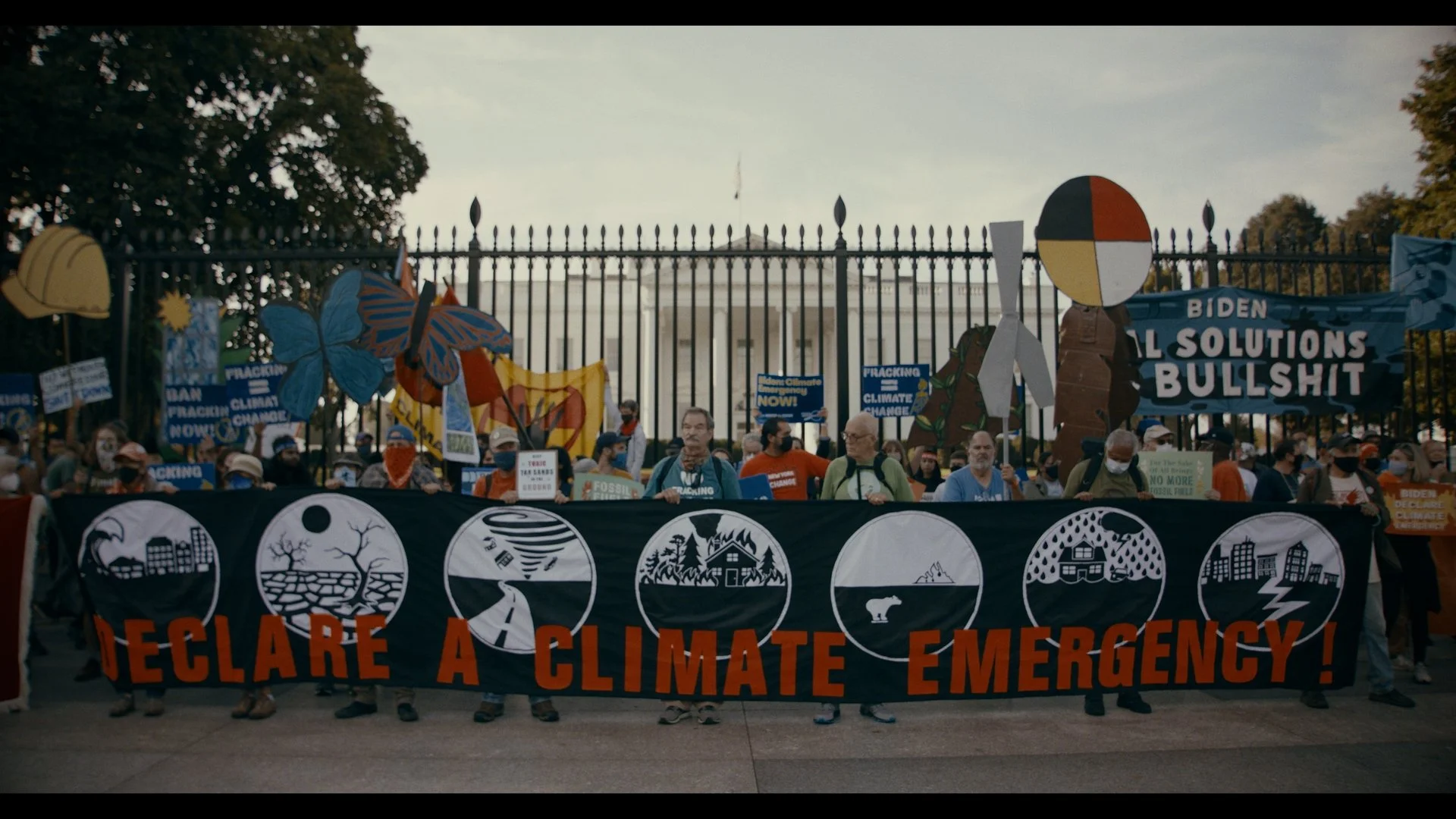WHAT DO I DO WITH MY HANDS?
For most of my life— and indiscriminate of my appearance or abilities— I’ve been visited by periods of doubt. When I was younger, doubt about the way I looked or moved throughout the world kept me from being social. I remember walking through my high school cafeteria and suddenly becoming painfully aware of what my hands were doing. The pained, sweat induced, awkward struggle of shoveling them into my pockets and then out to my sides; in the moment, it felt like everyone was watching me have a stupid crisis about where to put my stupid hands to look like a stupid normal human being. Meanwhile, here I was so self conscious trying to look like a regular dude that I made myself out to be deranged.
“Doubt makes us a little bit narcissistic.”
But just a little.
DOUBT MAKES US A LITTLE BIT NARCISSISTIC.
This kind of cycle has followed me into every corner I put myself in. Whether I’m on stage or behind a camera, my doubt has developed it’s own little song and dance. Needless to say it is a part of me and sometimes tells me things about myself I otherwise wouldn’t listen to. And the most recent bought of doubt I’ve been rummaging with has helped me understand why I often pull back when great things happen in my life; the fear of success.
When I was in college, I read Audition by Michael Shurtleff. Among many internal dialogues frustrated actors have with themselves, Shurtleff talked about the dichotomy between green and experienced actors and their cycles of doubt. Young actors often feel that they’re not good enough and older actors feel they are undeserving of the success they have had.
In short, a lot of artists are tortured.
BTS from a recent trip to Corpus Christi, Texas shooting a series of mini-doc style testimonials with veterans in the area. Photos by Igor Nedvalyuk
As I approach my 28th year and enter my fifth year pursuing filmmaking, I’m finding myself experiencing both. In these past four years, I have learned a lot, thrust my nose to the grindstone. I have learned from embarrassing failures and come out the other end feeling grounded. I also am haunted by the things I don’t know to know. Having no formal education in production or cinematography, there are gaps in how I talk or communicate things, simply because I’ve learned to do things from a charcuterie board of YouTube University and trial by fire. It gives me that feeling Shurtleff talks about of being undeserving of success, an imposter in my own skin. It also makes me feel like I don’t know what I’m doing— fortunately as I get older I’m coming to realize a lot of people don’t really know what they’re doing.
I find I am often afraid to take next steps until I am encouraged. I wait for validation before I advocate for myself. It’s the same mental block that had me looking like a fool in my high school cafeteria, only now I’m an adult and I pay more taxes than Amazon. The desire to be seen as authentic, the hesitation to act and commit to being until first receiving validation first is an endless feedback loop.
My fear of success has compounded with wrestling a sense of permanence. I have struggled to make future plans, or to see my life beyond the next five years for fear of what our world may be like then. That probably sounds more dramatic than it is meant to, but in some ways it has me asking what and who is any of this for?
Why should I keep worrying about money if we won’t have stable water in 5 years?
But that’s a thought for another time. For now, I’m opening my mind to what this fifth year will bring.














